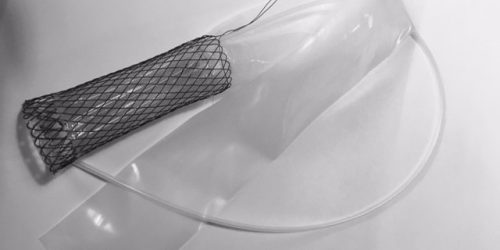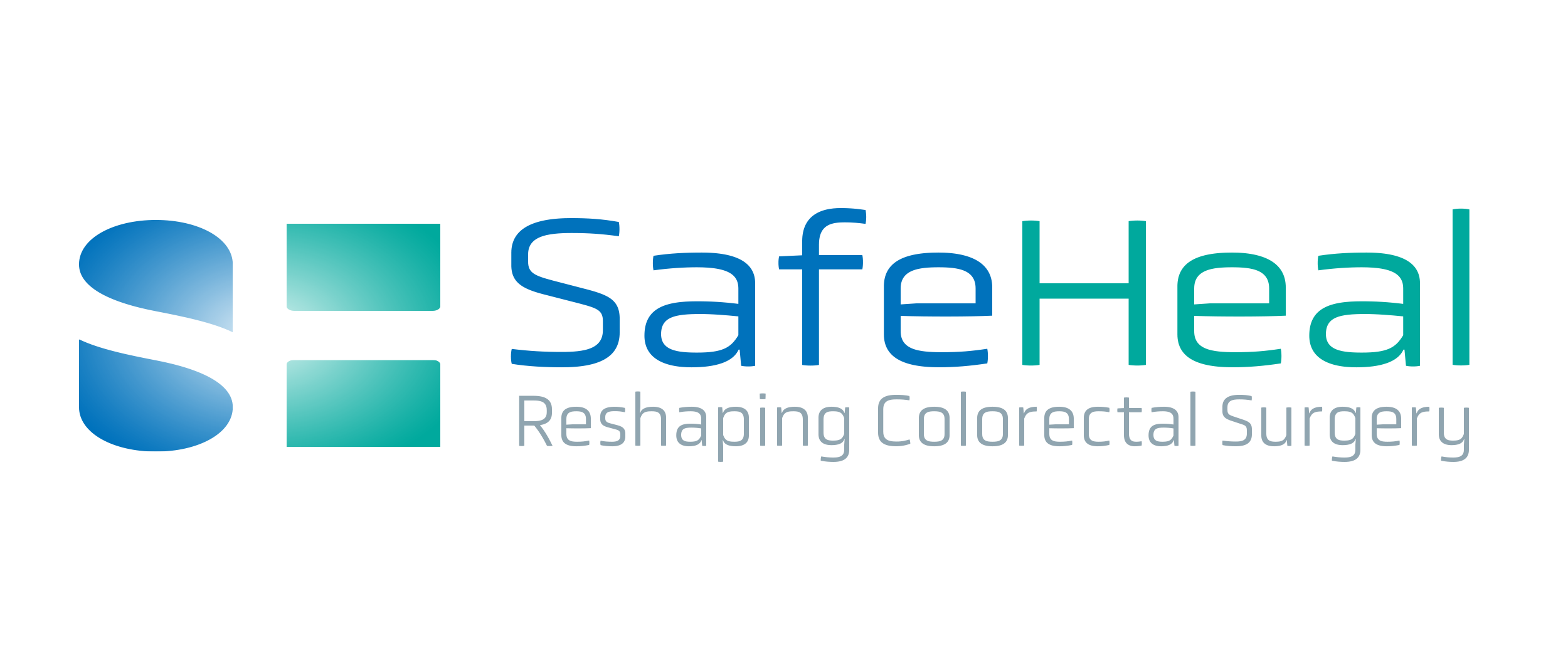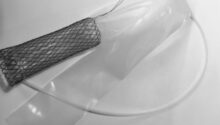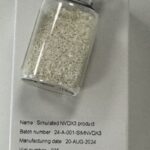Share this post:

Paris, France, November 26, 2018 – SafeHeal, a leading innovator in the field of digestive surgery, announces today that it has concluded its successful first-in-human clinical study for its novel Colovac bypass sheath in patients undergoing colorectal surgery.
The single-arm 15-patient study was aimed at evaluating the safety and efficacy of Colovac in the protection of colorectal anastomosis in adult patients who were scheduled to receive a diverting ostomy, following colorectal surgery.
During the study phase, patients received a Colovac implant for two weeks, in place of a diverting ostomy. In all cases, appropriate protection against direct contact with feces during the implant period was accomplished. The placement and retrieval procedures have also proven to be safe and effective. Sixty-seven per cent (67%) of participating patients successfully avoided diverting ostomies and returned home without the artificial anus that often accompanies such surgeries. Results of the trial show that the device might improve the quality of life of surgery patients, who can return to their normal life shortly after treatment.
The study took place at two hospitals in France (Institute of Image-Guided Surgery in Strasbourg in collaboration with the CHRU Strasbourg and Saint Antoine Hospital, APHP in Paris) and at UZA in Antwerp, Belgium.
Every year about 270,000 colectomy patients in Europe and the USA receive an ostomy, with a substantial market potential and considerable medical need for devices such as Colovac.
The Colovac device is a unique endoluminal bypass sheath placed in the colon following rectal resection, aimed at suppressing contact of fecal content with the colorectal anastomotic site. It is anchored upstream of the anastomosis, using a stent combined with an innovative vacuum-based mechanism. It is seamless, minimally invasive and fully reversible. It can remain in place until the body’s natural healing and tissue repair processes are complete, which could last up to two weeks. It is easily removed during an endoscopic procedure, avoiding a second surgical intervention.
“The clinical results of this trial provide initial evidence that the Colovac device will be a suitable substitute for a significant number of diverting ostomies,” said Pr. Jérémie Lefevre, MD, PhD, Prof. of General Surgery, colorectal surgeon at Saint Antoine Hospital. “This new treatment will help us to avoid the burden of living with an artificial anus, associated comorbidities and related closure surgery for the majority of patients who today require an ostomy.”
“The study shows that our Colovac bypass device can successfully reduce the number of diverting ostomies for patients undergoing colorectal surgery,” said Karl Blohm, CEO of SafeHeal. ”The trial results will allow us to design the next clinical phase as well as our strategy for regulatory approvals in the EU and the US.”
About anastomotic leakage
Anastomotic leakage occurs in up to 20 per cent of patients undergoing anterior resection (Clin Colon Rectal Surg. 2006 Nov; 19(4): 213–216). It is considered to be the most serious colorectal surgical complication, frequently resulting in the rapid development of severe peritonitis, septic shock and multiple organ dysfunction. This leads to increased mortality rates. Diverting ostomy, the current standard of care, which is applied prophylactically to most patients today with a low anastomosis, regardless of their immediate post-operative course, has the objective to minimize the sequelae of anastomotic leakage. It is a somewhat traumatic and aggressive process which significantly reduces the quality of life of patients and entails its own complications. The market for Colovac is potentially a significant segment of a multi-billion-dollar ostomy bags market. Due to the unmet clinical need, Colovac represents a breakthrough leading to improved patient outcomes as well as reduced patient management costs for healthcare providers.
About the Colovac device
The Colovac device was invented by a French digestive surgeon, Charam Khosrovani, to avoid the need for a diverting ostomy in patients undergoing colectomy. The device is a flexible bypass sheath intended to suppress contact of fecal content with the colorectal anastomotic site, following colorectal surgery (open or laparoscopic).
It is anchored above the anastomosis using a stent combined with an innovative vacuum-based mechanism. Colovac is seamless, minimally invasive and fully reversible. Once in place, the implant covers the colon down to the anus. It remains in place until the body’s natural healing and tissue repair processes are complete (approximately two weeks), after which it is removed during an endoscopic procedure, without the need for a second surgical intervention. This enables patients to resume their normal life without having to bear an artificial anus and wear ostomy pouches for several months.
About SafeHeal
SafeHeal SAS, headquartered in Paris, France, is a clinical-stage medical device company established in 2015. It is focused on the development of anastomosis protection devices, including Colovac for colorectal surgery. The Colovac device is an investigational device, not currently available for sale.





